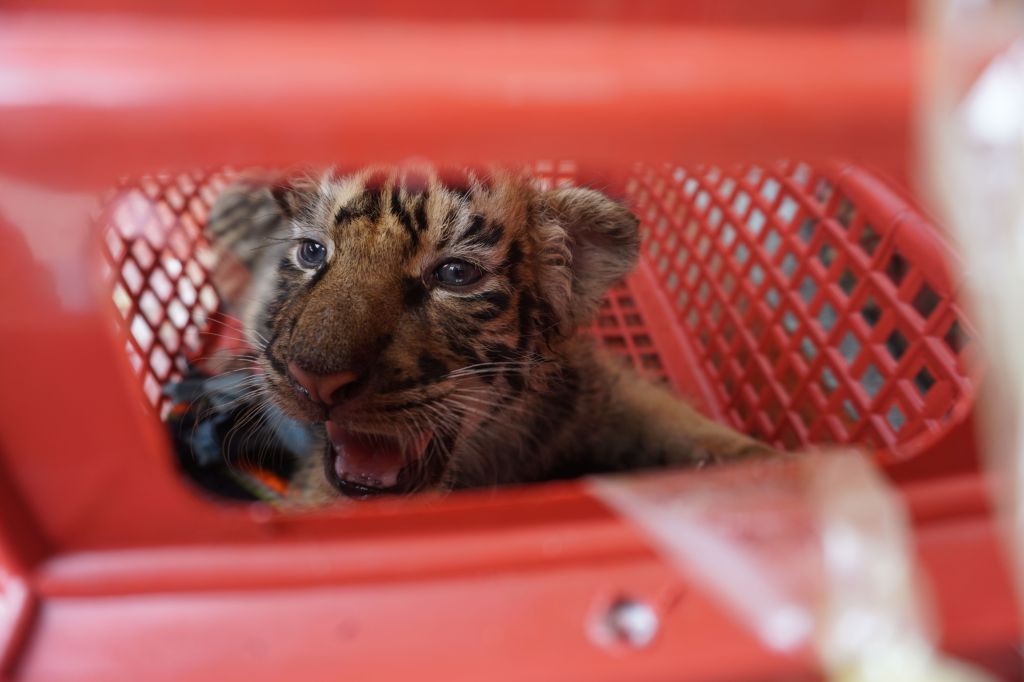China is lifting a 25-year ban on using tiger and rhinoceros parts in medicine, the government announced Tuesday, despite the fact that both these animals are still facing extinction in many parts of the world.
The ban was introduced in 1993 and prohibited the sale or trade of any tiger or rhinoceros body parts for any use throughout China. But this week, China’s State Council announced it was lifting the ban if the parts come from farmed animals and are used or research or healing at accredited hospitals, or if they are antiques.
Videos by VICE
But the threats against tigers and rhinos have not abated much in the 25 years since the ban was enacted, particularly for some species like the black rhino and populations like the siberian tiger.
“If anything, it’s gotten way worse in the past decade,” John Goodrich, Chief Scientist and Tiger Program Senior Director for Panthera, the global wild cat conservation organization, told me over the phone. “Wildlife trading has really taken off. It’s gone off like crazy in the last 10 years—and that includes rhinos and tigers.”
Rhino horns and tiger bones have long been a valued ingredient in certain traditional Chinese medicines, but their use was hindered by the ban, which made it illegal. Goodrich said that tiger farms are already a dismal place, but also emphasized that any legal market can also be used as a cover for an illegal market of poached animals, one that will likely be even more sought-after than any farmed populations.
“Look at ginseng, it’s cheap and easy to farm” Goodrich said, referring to the popular root used in traditional medicine. “Every year, people flood across the border from China into Russia to buy wild ginseng. Illegally crossing the border into Russia is no small feat, yet people are willing to do it, because the wild product is always more valuable.”
Goodrich said he was surprised at the Chinese government’s sudden decision to lift the ban, as it has recently taken several strong steps towards improving conservation for some animals, such as banning the trade of elephant ivory and a plan to set up an expansive national parks system.
“This is going to make it more difficult for countries with tiger populations to enforce the protection of wild tigers and prevent sale of wild tiger parts,” he said. “It could be really bad.”




